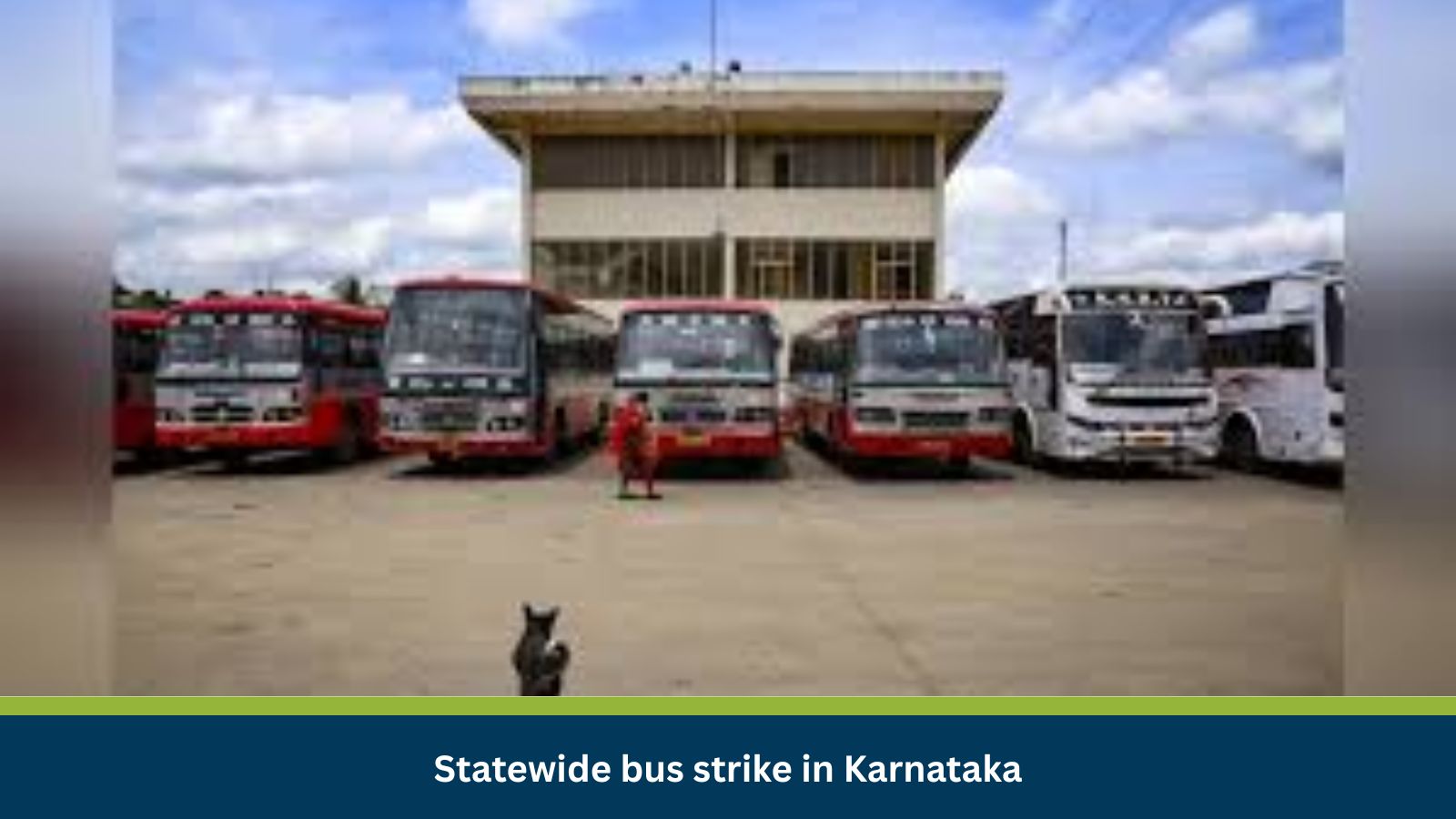What is Risk Analysis in the Context of Transport Strikes?
This report assesses the risks of a major statewide bus strike. Based on historical data, these events typically persist for 3-7 days, severely impacting daily commutes and economic activities. This analysis helps businesses prepare for potential impacts on workforce attendance, supply chains, and legal/regulatory challenges.
Executive Summary
- Date of Incident: 05 August 2025
- Location: Karnataka, India
- Risk Category: Travel Risks
- Severity Score: 4/5
- Confidence Score: 90%
A statewide bus strike has commenced in Karnataka, despite a High Court order. Similar large-scale strikes have historically led to widespread cessation of public bus services, severely impacting daily life. Given the defiance of a judicial order, the strike is likely to be prolonged. We anticipate a likely duration window of 5-8 days, with significant disruption to daily commuters, workforce attendance, and local supply chains. The severity is assessed as high due to the widespread disruption and the defiance of a court order.
Known Hotspots and Sensitive Areas
Sensitive areas include all major bus depots and terminals across the state, such as Kempegowda Bus Station in Bengaluru and others in Mysuru and Hubballi-Dharwad. These locations may become focal points for protests. Government offices and the High Court are also sensitive areas.
Impact on Transportation and Services
- Travel & Mobility: The complete halt of state-run bus services causes severe mobility issues for millions, particularly daily wage earners and students.
- Business Operations: Businesses face significant disruption due to employee absenteeism, decreased customer traffic, and delays in local deliveries.
- Regulatory & Legal: The defiance of a High Court order creates significant legal challenges and precedents.
- People Safety: Increased reliance on private vehicles and informal transport leads to higher accident rates, and past strikes have seen isolated clashes.
Recommended Actions
- Remote Work: Immediately activate remote work protocols for eligible employees and provide flexible timings. Coordinate carpooling or company transport for essential staff.
- Incident Response Team: Establish a cross-functional team to monitor the strike’s evolution and coordinate all response measures.
- Client Communication: Proactively inform clients and partners about potential service disruptions and communicate alternative service delivery methods.
- Business Continuity: Prioritize critical functions and identify essential personnel. Develop contingency plans to ensure continuity of core processes.
Emergency Contacts
- Police: 100
- Fire Department: 101
- Ambulance: 102, 108
- National Emergency: 112
Final Thoughts
The baseline scenario anticipates a resolution within 3-5 days. A moderate escalation could see a prolonged strike of 7-10 days with sporadic clashes and increased public frustration. A severe escalation, though less likely, could lead to a broader ‘Karnataka Bandh’ with significant violence, mass arrests, and a major political crisis. Businesses must prioritize employee well-being and prepare for sustained disruptions.
Stay ahead of operational risks with real-time alerts, scenario modeling, and expert advisories with datasurfr’s Predict. Start your 14-day free trial of Datasurfr’s Risk Intelligence Platform today.






